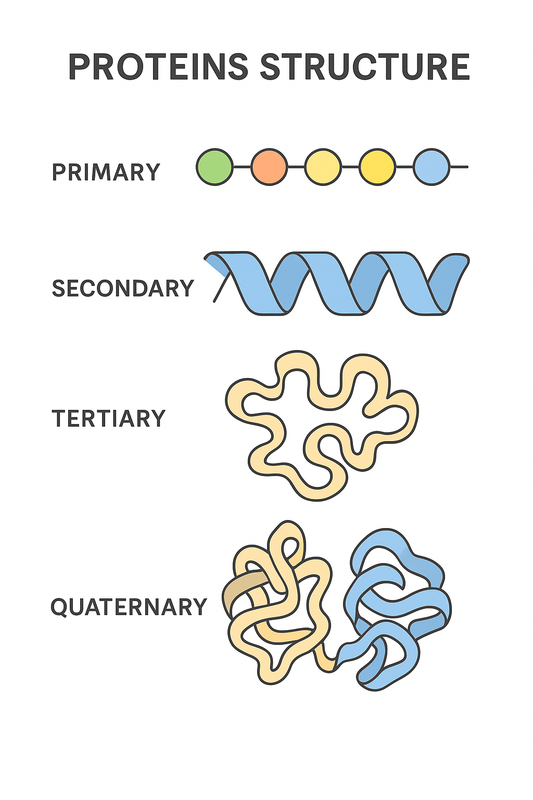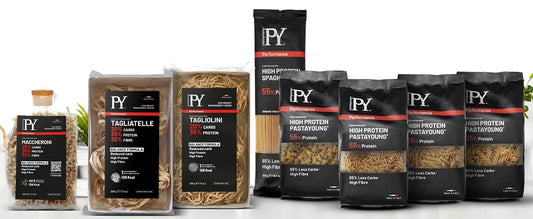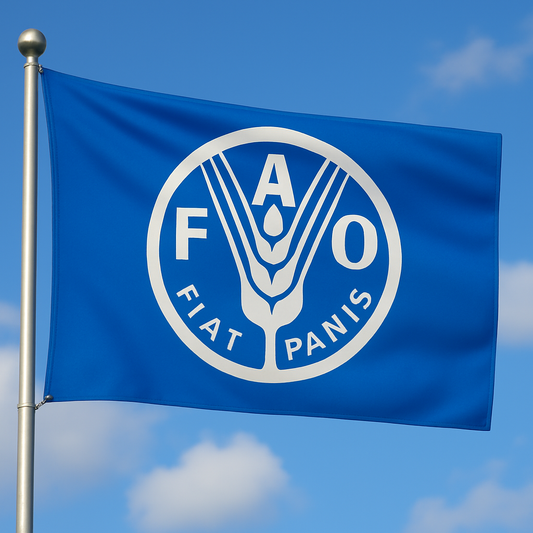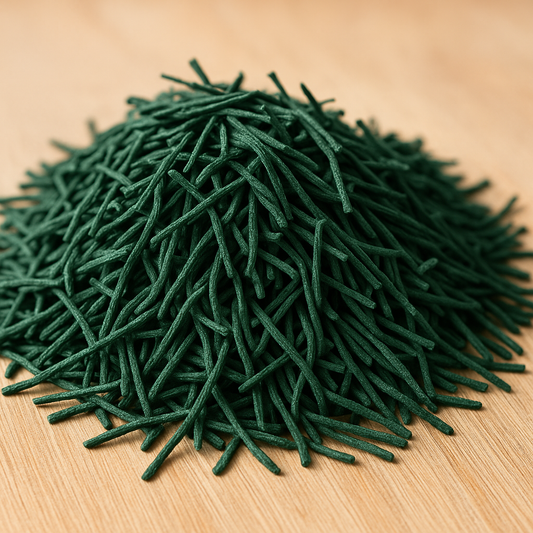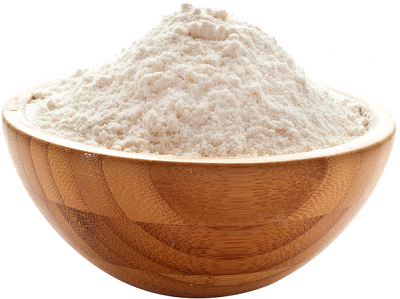
Baobab: superfood from Africa
Share
Baobab: Everything You Need To Know About This Superfood
You may heard that the baobab tree is one of the most resilient living organisms on earth. Yes, it can live up to 500 years despite the fact that it’s native to the hot, dry savannas of Africa. But, did you know that baobab is also a superfood that has been used for centuries in Africa? In fact, it has been nicknamed the “Tree of Life”, no wonder many are now looking at baobab for things like skin, health and much more. Now, we will be telling you more about the health benefits of baobab, baobab powder recipes and much more. Precisely, everything you need to know about this super food! Let’s get started, shall we?
The Health Benefits of Baobab
Reducing Blood Pressure
The baobab fruit and its seed’s powder are super rich in vitamin C and Potassium which can moderately reduce elevated levels of blood Pressure. According to a research done in 2012 by the John Hopkins’ Scientists, Vitamin C has a positive effect on blood pressure levels https://www.hopkinsmedicine.org/news/media/releases/big_doses_of_vitamin_c_may_lower_blood_pressure and the same can be said of Potassium which is basically a vasodilator that dilates arteries and blood vessels hence reducing heart strain.
It is Good For Bones
Boabab is also loaded with Calcium and magnesium, two minerals that are good for bones strength and development. It is natural that as you grow old, the level of mineral in your bones might degrade and taking baobab powder, eating baobab fruit and even leaves might be the supplements you need.
Circulatory Health
Baobab is also rich in iron which is one mineral that is key in keeping proper circulation. Iron is part of hemoglobin, which is known to transport oxygenated blood throughout the body. Baobab is thus good for those with anemia while it can also ensure you are energetic and vibrant throughout the day.

Gastrointestinal Health
Baobab is rich in fiber that is good for your gastrointestinal health. It has two types of fiber, the insoluble and the insoluble fiber which are not just good for aiding peristalsis. The fiber in baobab is also good for glucose and insulin levels in the blood, plus they even lower the negative cholesterol in your body. Moreover, the baobab fruit has prebiotic properties thus it will control the level of “good bacteria” in your gut which, a feat that also boosts digestion.
On top of that, the fiber in baobab is also one of the reasons why baobab is good for weight loss.
It’s Good for Immunity, Growth and Repair
The Vitamin C in baobab is known to be good for boosting immunity-it is pretty high in ascorbic content. In other words, baobab increases the level of white blood cells thus helping your body to fight off any foreign attacks. Vitamin C also contains collagen which has been found to be very vital in as far as the repair and growth of tissues, cells, blood vessels, cartilage, and bones are concerned. This is one of the reasons why baobab supports healthy skin.
Baobab is Great For Diabetes
An essential part of dealing with diabetes entails keeping blood sugar under control and researchers have found that baobab can do this. A Research by Oxford Brookes University found that baobab powder added to smoothies or smoothie bowls can help people suffering from diabetes to reduce blood sugar spikes. The benefits are thought to be related to the high fiber levels in baobab coupled with the fact that it is rich in polyphenol.
Baobab Side Effects
One of the most questions you ought to ask yourself before taking any superfood is if it is good for you. In the case of baobab, yes it is good for you. That said, even though it is rare to have any side effects, you should be keen on any strange reactions when using baobab. Moreover, you should be wary of ingredients used as additives if you are taking baobab products-just in case you are allergic to them.
Other Frequently Asked Questions About Baobab
Can you eat baobab fruit?
Yes, you can eat a baobab fruit pulp directly but it can be a bit dry and gritty keeping in mind that it is made of half fiber. Also, it can be hard to find baobab fruit in many parts of the world thus baobab powder is a great alternative to the baobab fruit.
What Does Baobab Fruit Taste Like?
The baobab fruit has a sour taste which is something akin to a sour mango. In the realm of texture, it is somewhat dry and gritty.

Is Baobab Good For Pregnant Women & Children?
Baobab has been found to be good for pregnant women and children as it is very rich in calcium. Pregnant women in countries like Senegal and Gambia have been taking baobab for decades with no notable negative effects. In fact, a study done in Gambia found that it was healthy for pregnant women to take baobab fruit pulp once a day.
How Much Baobab Powder Should You Take Per Day?
You can take as much organic baobab, but the daily requirement should be no more than 23g of powder per day. Studies have shown that 800mg of baobab powder per a kg of consumer weight is the optimal amount for anti-diseases functions.
How Do You Use Baobab?
It is easy, and it’s just about adding baobab into your daily diet. The beauty is that your imagination is the limit of what you can do with baobab. One of the ways of eating baobab is to bake it into bread, brownies, cakes & cookies while you can also blend it into sauces, milkshakes, smoothies & ice creams. You can also go as far as stirring it into your favorite drinks. The likes of porridge, desserts, soups, hot water & lemon. Some people just sprinkle the baobab powder to fruit, cereal, yoghurt & pancakes.
Final Remarks:
In a nutshell, baobab might be little known to many but this is a superfood that you ought to give a try. The beauty is that it is purely organic and what’s better than going the natural way?

